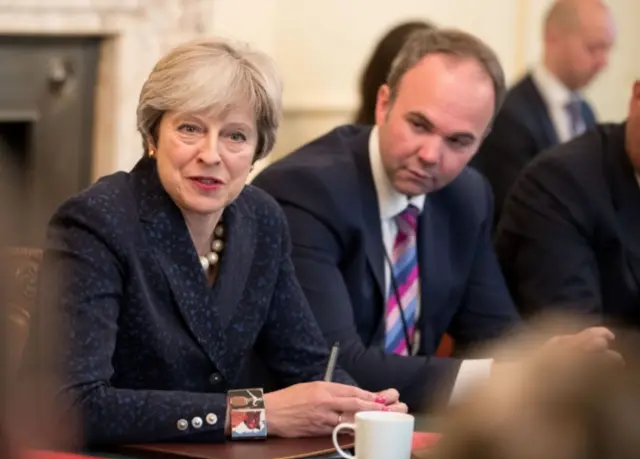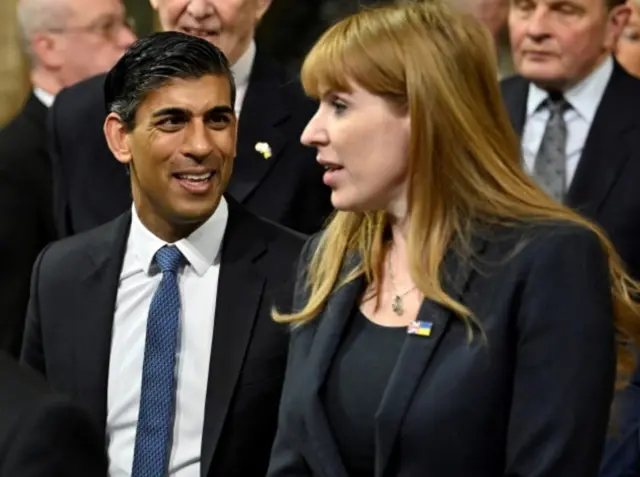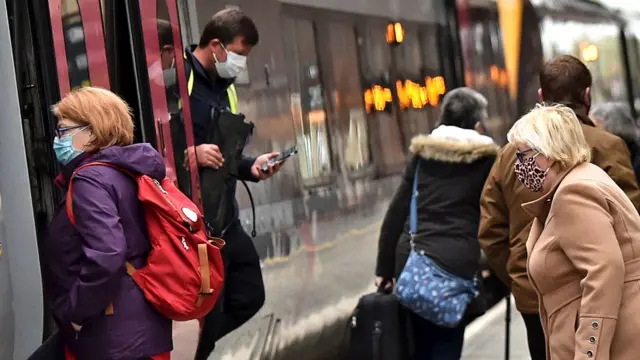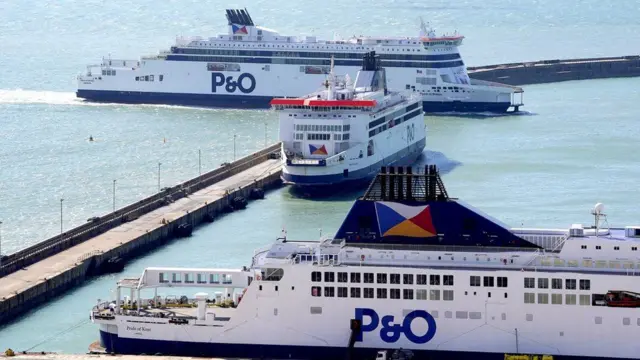Long-awaited reforms to mental health lawspublished at 14:23 BST 10 May 2022
 Nick Triggle
Nick Triggle
Health Correspondent
Ministers and campaigners have been united in their belief that the current mental health legislation is outdated - and the draft mental health bill announced in the Queen's Speech is an attempt to modernise the laws that were established nearly 40 years ago.
The aim is to reduce the number of people who are detained, after a 40% jump in detentions in 10 years.
In particular, there was concern about the use of detention for people with learning disabilities and autism who can be detained under the 1983 Mental Health Act even if they do not have a mental health condition.
An independent review of the 1983 act published four years ago recommended rebalancing the threshold for detention, weighing up both the risk to the public and the therapeutic benefit to the patient.
The draft legislation is expected to look to strengthen the rights of patients to express a treatment preference and set out a plan for each individual’s care, providing them with a route to eventual discharge.










